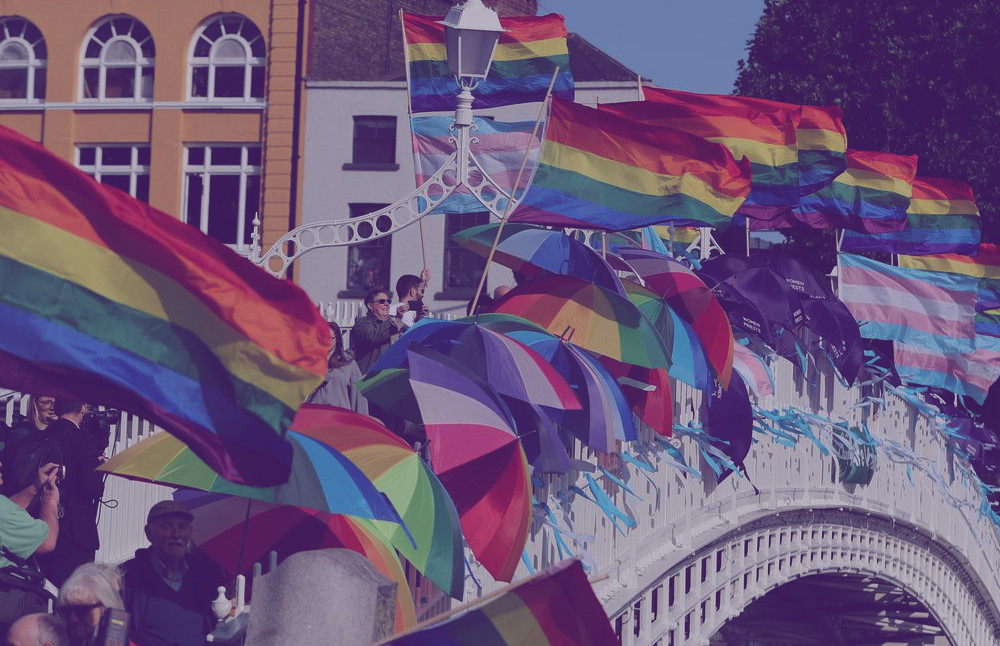It’s Pride Month
Ireland has seen an unprecedented social transformation in the last two decades. One of the big milestones was the same-sex marriage referendum in 2015 which made Ireland the first country to legalise same-sex marriage through a popular vote. This was an amazing success powered by grassroots movements together with the support from most political parties. But there still remain obstacles on the path to full equality.
End Conversion Therapy
One of the big threats that members of the LGBT+ community face in many European societies is conversion therapy. There are currently only three countries in Europe that have fully banned this inhumane practice: Malta, Germany, and Albania.
These so-called therapies have no scientific foundation, but instead are solely based on ideology and LGBT+ phobia. As such, they harm a person’s self-image and can negatively impact their mental and physical health. This is why we call for a complete ban on all conversion therapy or any pseudo-therapeutic attempts to change a person’s sexual orientation or gender identity.
Improve Sex Education
A main reason for the support of such practices is the underlying lack of understanding of LGBT+ topics, the LGBT+ community, and their members’ respective identities. It is therefore necessary to make sure that people have the necessary knowledge of sexuality and sexual identities.
The recently published sex education course by the Catholic Church highlighted again a lack of adequate sex education courses for school children of all ages. While there are well-meaning and kind approaches towards sexuality, the course still explicitly states that it is based on the teachings of the Catholic Church which – contrary to statements in the material – discriminates against LGBT+ people.
We believe that this is not acceptable in a 21st century republic and democracy. Schools should offer a safe environment where students of all ages can grow up to become confident, well-informed adults and where they can develop a healthy relationship not only with their own identity and sexuality but also that of their peers.

